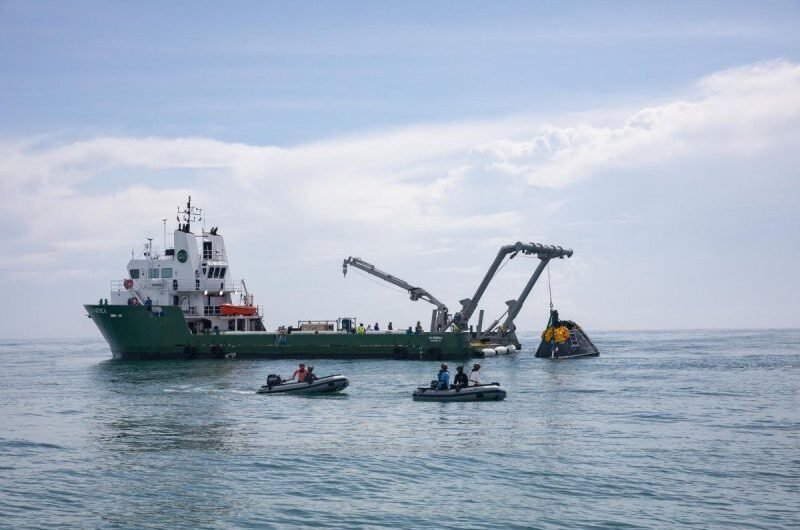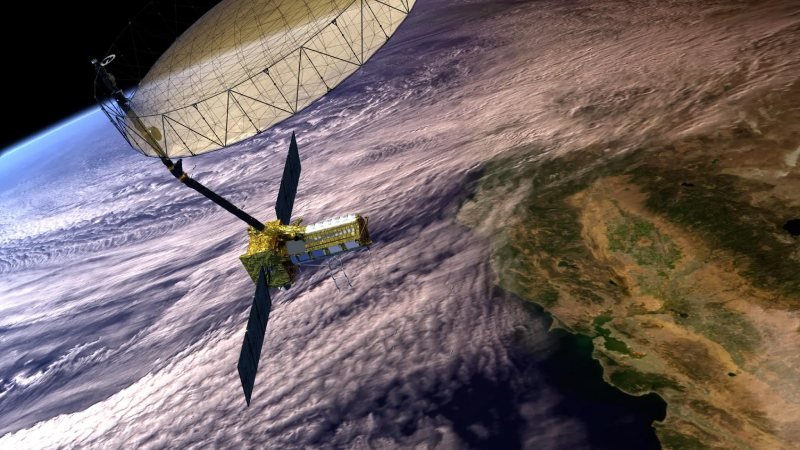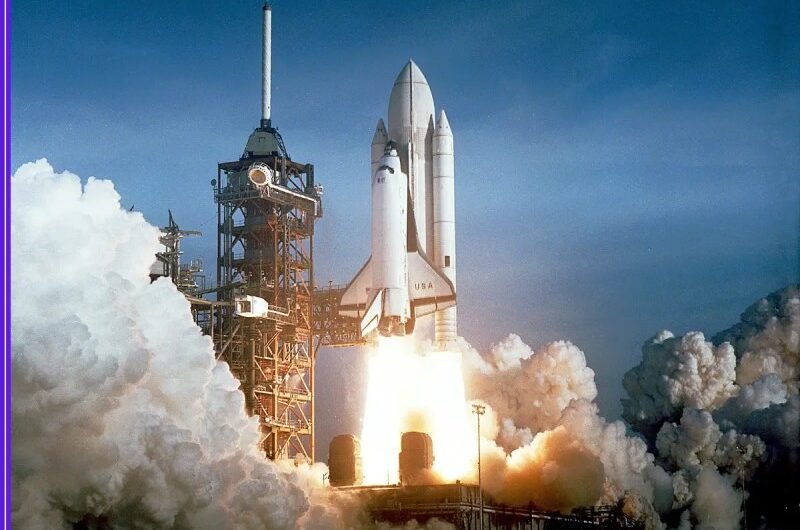Due to financial difficulties and technological issues that have dogged the program, NASA is terminating a $2 billion satellite refueling experiment.
Following a “in-depth, independent” examination, the space agency stated on Friday that the On-orbit Servicing, Assembly, and Manufacturing 1 (OSAM-1) project had been shut down.
According to NASA’s statement in the news release, the project was canceled because to “continuing technical, cost, and schedule challenges, and a broader community evolution away from refueling unprepared spacecraft, which has led to a lack of a committed partner.”
NASA hired Maxar for the OSAM-1 project, which commenced in 2015, and collaborated with NASA’s Goddard Space Flight Center in Maryland, which set the precedent.
The goal of OSAM-1 was to assist in spacecraft refueling, but the program has encountered numerous difficulties and NASA’s expenses have increased dramatically.
According to a report released by NASA’s Inspector General in October, the agency’s rising expenses and schedule delays were exacerbated by “poor contractor performance and continued technical challenges.”
According to the paper, the agency would surpass both its $2 billion budget and its December 2026 debut date.
“Development of the servicing payload—the system responsible for rendezvous and refueling Landsat 7—has continued to cost more and take longer than anticipated,” NASA’s report said. “Moreover, much of the project’s cost growth and schedule delays can be traced to Maxar’s poor performance on the spacecraft bus and SPIDER contracts with each deliverable approximately 2 years behind schedule.”
NASA’s Goddard Space Flight Center leadership is “reviewing how to mitigate the impact of the cancellation on the workforce,” according to NASA.
Topics #NASA #OSAM-1











